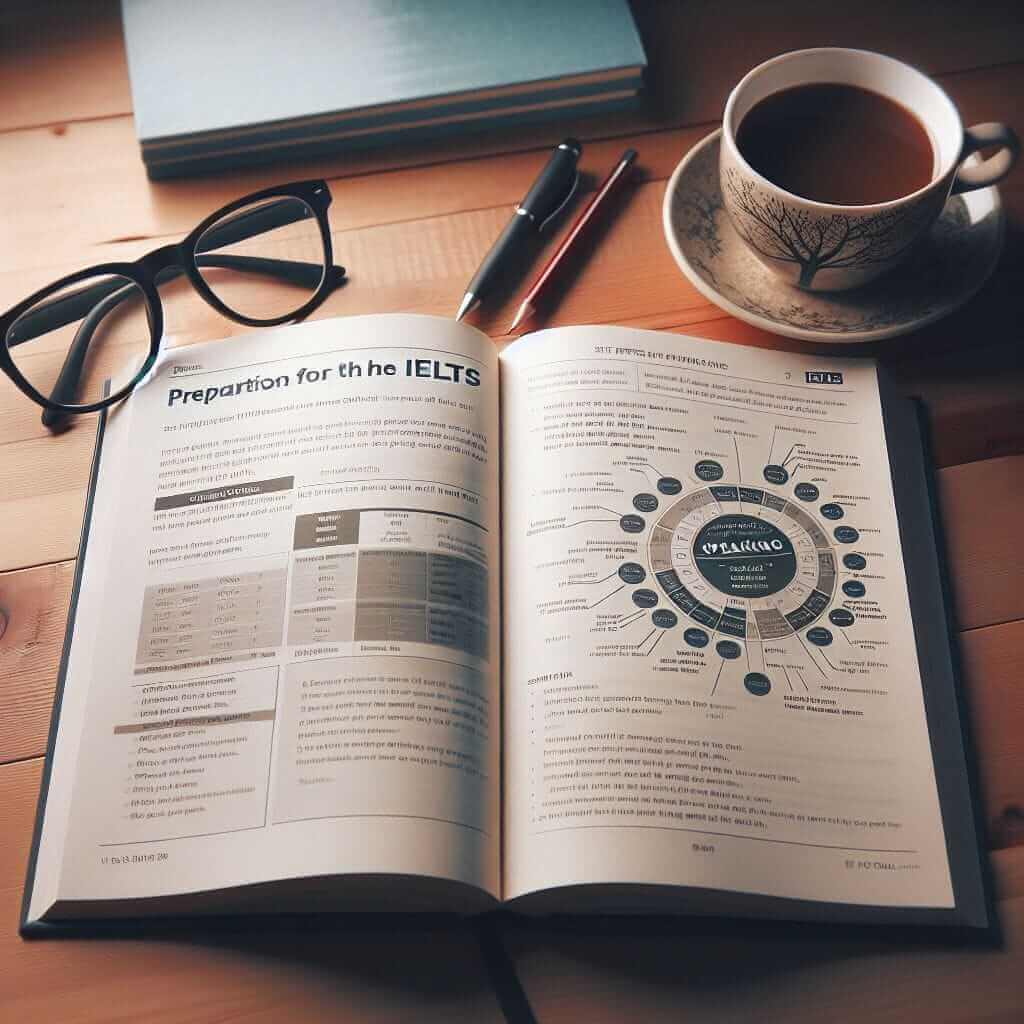As an IELTS instructor with over 20 years of experience, I’ve encountered countless students asking, “What is a good book to prepare for IELTS Speaking?” It’s a common question, and rightfully so! The Speaking section often feels like the most daunting part of the IELTS exam, but with the right resources and preparation, you can confidently tackle it.
While a plethora of IELTS preparation books flood the market, finding one specifically tailored to maximize your speaking skills can be tricky. This article delves into the key features to look for in an effective IELTS Speaking preparation book and provides recommendations to help you achieve your desired band score.
Understanding the Importance of a Good IELTS Speaking Book
A good IELTS Speaking book serves as your personal tutor, guiding you through the intricacies of the test format, question types, and assessment criteria. It provides:
- Structured Practice: Offers a systematic approach to developing your speaking skills, from understanding basic grammar and vocabulary to mastering fluency and pronunciation.
- Realistic Exam Simulation: Includes numerous practice tests mirroring the actual IELTS Speaking exam, allowing you to familiarize yourself with the format and timing.
- Expert Tips and Strategies: Provides valuable insights and techniques from experienced IELTS instructors, equipping you with the tools to handle various question scenarios effectively.
- Sample Answers and Analysis: Presents model responses for different question types, highlighting key language features and demonstrating how to achieve a high band score.
Essential Features of a Top-notch IELTS Speaking Book
When choosing a book to prepare for IELTS Speaking, prioritize these key features:
1. Comprehensive Content Coverage
Ensure the book covers all aspects of the IELTS Speaking test, including:
- Part 1: Introduction and Interview – Look for common topics like hobbies, work, and family, with sample questions and answers.
- Part 2: Individual Long Turn – The book should provide sample cue cards and model responses for diverse themes, such as describing a person, place, or event.
- Part 3: Two-way Discussion – Opt for books offering practice questions and strategies for engaging in a more extended, abstract discussion related to Part 2 topics.
2. Authentic Practice Tests
Practice makes perfect! Choose a book with ample practice tests that accurately reflect the format, timing, and difficulty level of the real IELTS Speaking exam. This will help you build stamina, refine your timing, and gain confidence in a simulated test environment.
3. Detailed Answer Explanations
The book should not merely provide answers but explain why those answers are effective. Look for comprehensive explanations that break down the scoring criteria (Fluency and Coherence, Lexical Resource, Grammatical Range and Accuracy, Pronunciation) and highlight how each answer demonstrates these aspects.
4. Emphasis on Vocabulary and Idioms
A strong vocabulary is crucial for achieving a high score in IELTS Speaking. Choose a book that introduces and explains a wide range of vocabulary relevant to common IELTS themes. Bonus points if the book also teaches you how to use idiomatic expressions naturally and appropriately.
5. Focus on Pronunciation and Fluency
Clear pronunciation and natural fluency are essential for communicating effectively. The ideal book will incorporate exercises and tips to improve your pronunciation, intonation, and rhythm.
Examples from Real IELTS Speaking Tests
Let’s look at how these features translate into practical examples. Imagine your chosen IELTS Speaking book includes a practice question like this:
Part 2 Cue Card:
Describe a time you tried a new activity for the first time.
You should say:
- What the activity was
- When and where you tried it
- Who you were with
- And explain how you felt about trying this new activity.
A good book would not only provide you with a sample answer but also dissect the response, highlighting:
- Vocabulary: Use of less common words and phrases like “exhilarating,” “stepped out of my comfort zone,” and “a sense of accomplishment.”
- Grammar: Accurate use of past tenses to describe the experience, present perfect to express its impact, and future tenses to talk about future plans.
- Coherence and Cohesion: Logical flow of ideas, use of linking words and phrases to connect thoughts smoothly.

Top Tips for Maximizing Your IELTS Speaking Book
- Don’t Just Read – Practice! Actively engage with the material. Answer all practice questions out loud, record yourself, and analyze your performance.
- Focus on Your Weaknesses: Identify your weaker areas (e.g., grammar, vocabulary, fluency) and dedicate extra time to improving them using the book’s resources.
- Use a Variety of Resources: Don’t limit yourself to just one book. Explore other resources like online practice tests, vocabulary building apps, and language exchange partners.
- Be Consistent: Make studying a regular habit. Even short, focused practice sessions are more effective than infrequent cramming.
Conclusion
Finding the right IELTS Speaking preparation book is crucial for effective practice and building your confidence. Remember to prioritize books offering comprehensive content, authentic practice tests, detailed answer explanations, and a focus on vocabulary, pronunciation, and fluency.
By choosing wisely and committing to consistent practice, you’ll be well-equipped to ace the IELTS Speaking test and achieve your desired band score. Good luck!